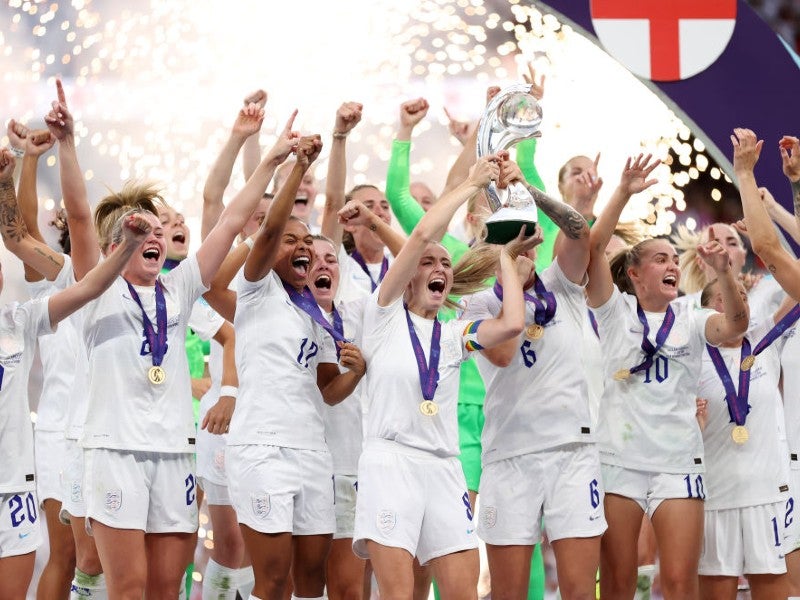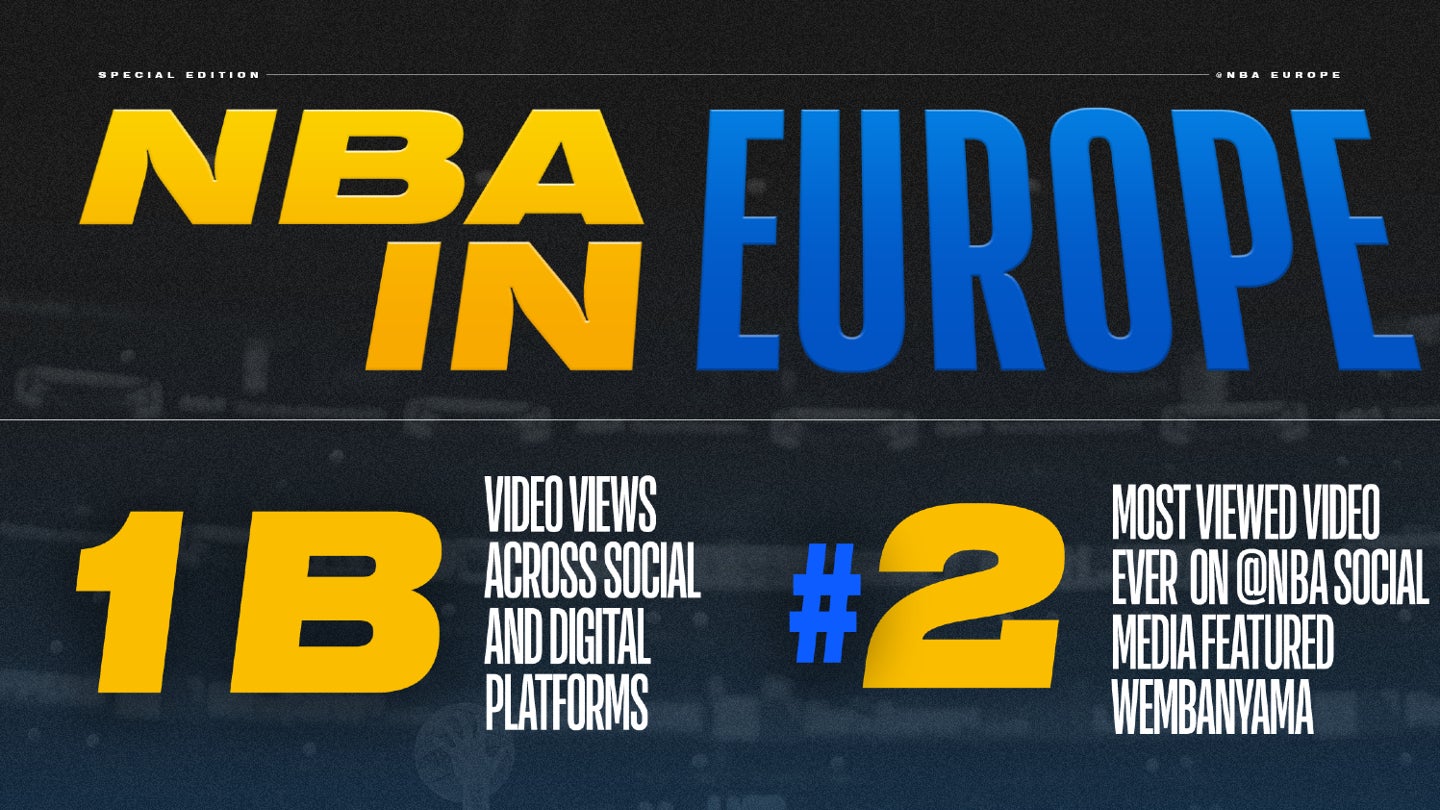
The UK government has today (November 15) launched a review to consider if public service broadcasters (PSBs) should be guaranteed the opportunity to buy digital rights for major sporting events.
The Digital Rights Review will look at whether the government’s free-to-air ‘listed events’ rules should be reformed so that PSBs – including the BBC, ITV, Channel 4, and Channel 5 – are guaranteed the opportunity to show certain major events on their digital platforms instead of just traditional linear TV broadcasting as is presently the case.
The review has been launched by the Department for Digital, Culture, Media, and Sport (DCMS).
Any changes would help ensure large events remain accessible on streaming platforms such as BBC iPlayer, ITV Hub, and Channel 4’s on-demand service.
The listed events rule in the UK allows the public to watch major sporting events at no additional cost by giving PSBs the opportunity to bid for broadcasting rights.
See Also:
With the rise of streaming platforms within the sports broadcasting sector and a change in consumer viewing habits, the review will assess whether including digital rights can ensure as many people as possible can continue to access major events.
How well do you really know your competitors?
Access the most comprehensive Company Profiles on the market, powered by GlobalData. Save hours of research. Gain competitive edge.

Thank you!
Your download email will arrive shortly
Not ready to buy yet? Download a free sample
We are confident about the unique quality of our Company Profiles. However, we want you to make the most beneficial decision for your business, so we offer a free sample that you can download by submitting the below form
By GlobalDataThe government outlined that the current framework was decided in a different media landscape almost 20 years ago when just 4% of UK households had access to the internet. This figure is now more than 95%.
It also added that competitors to free-to-air broadcasters were limited and UK-focused during that time and acknowledged that “the consumption habits of viewers are changing rapidly and broadcasters are now required to compete for rights with global media platforms.”
As such, the review will “take into consideration broader online distribution of sporting rights, including video sharing platforms and social media, which has increased exponentially since the current legal framework was established in 1996.”
The DCMS review will also “balance the desire from audiences to watch national sporting events at no additional cost with the ability for sporting organizations to generate revenues from sports rights to re-invest in their sports at all levels.”
Julia Lopez, digital infrastructure minister, said: “As we saw during the Women’s Euros and with the FIFA World Cup just around the corner, we know that enjoying blockbuster sporting events together means so much to many people.
“Everyone should be able to watch these incredible moments of national unity, no matter how they choose to tune in.
“As viewing habits shift online, it is right that we review our rules and consider whether updates are needed to ensure our brilliant public service broadcasters can continue to bring major events to the public at no extra cost.”
The DCMS stated that the purpose of the Digital Rights Review is to “seek stakeholder input, expertise, and advice to inform the government’s thinking on whether the scope of the listed events regime should cover digital rights.”
However, the review will not consider changes to the list of events as the government believes the current list “strikes an appropriate balance between retaining free-to-air sports events for the public while allowing rights holders to negotiate agreements in the best interests of their sport.”
Image: Naomi Baker/Getty Images







